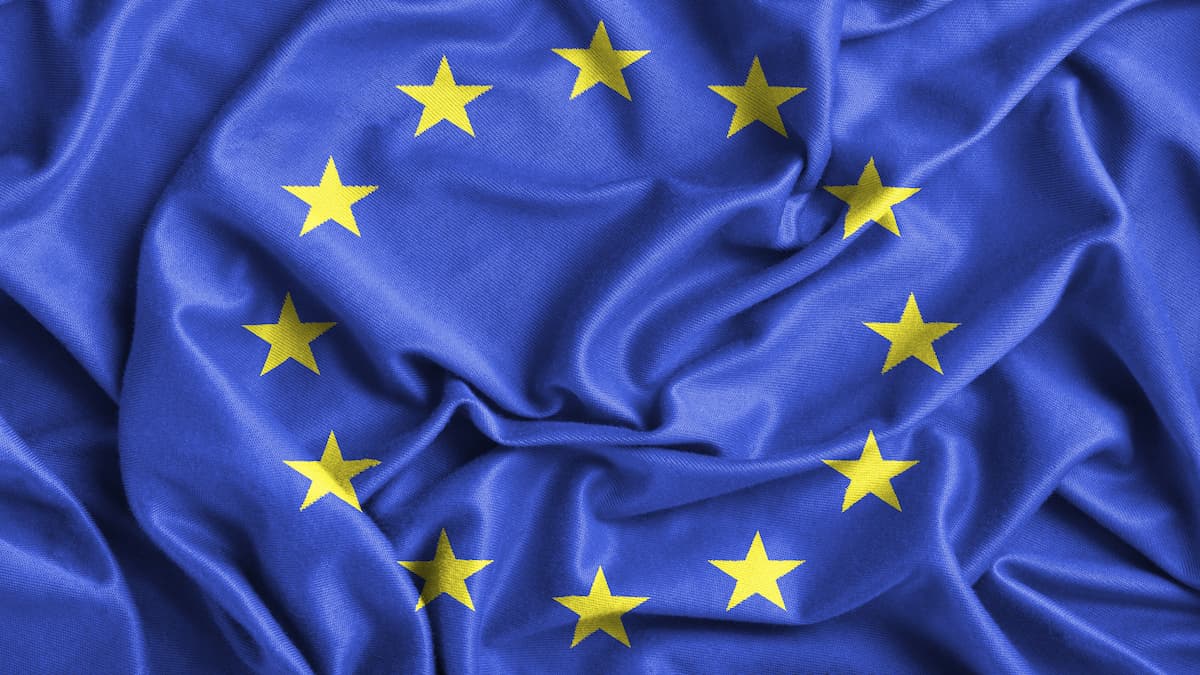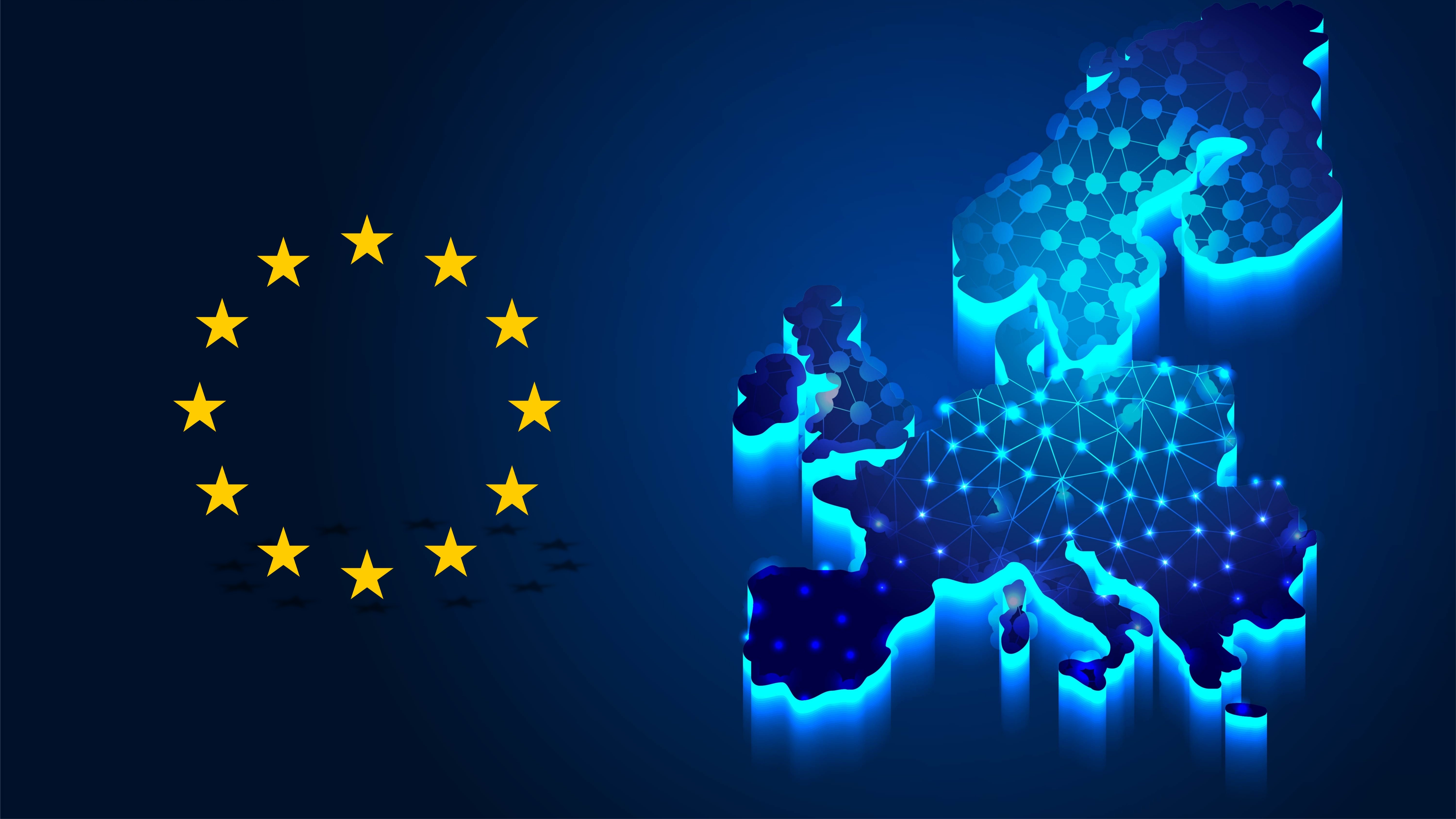Google is accelerating Chrome’s release cycle rather than maintaining its long-standing four-week cadence.
From September, users on desktop and mobile platforms will receive new stable versions every two weeks, doubling the frequency of feature milestones across speed, stability and usability. Weekly security updates introduced in 2023 remain unchanged.
The faster pace comes as AI-driven browsers seek a foothold in a market long dominated by Chrome.
Products, such as ChatGPT Atlas and Perplexity’s Comet, embed agentic assistants directly into the browsing experience, automating tasks from summarising pages to scheduling meetings.
Chrome has responded with deeper Gemini integration, including the rollout of autonomous features across its interface.
Google maintains that the accelerated schedule reflects the needs of the evolving web platform, arguing that developers require quicker access to updated tools.
Yet the timing aligns with growing competitive pressure from AI-native browsers, prompting speculation that Chrome’s dominance can no longer be taken for granted.
The shift will begin with Chrome version 153 in beta and stable channels on 8 September 2026. Enterprise administrators and Chromebook users will continue to rely on the eight-week Extended Stable branch, which remains unchanged for organisations that need slower, controlled deployments.
Would you like to learn more about AI, tech and digital diplomacy? If so, ask our Diplo chatbot!










